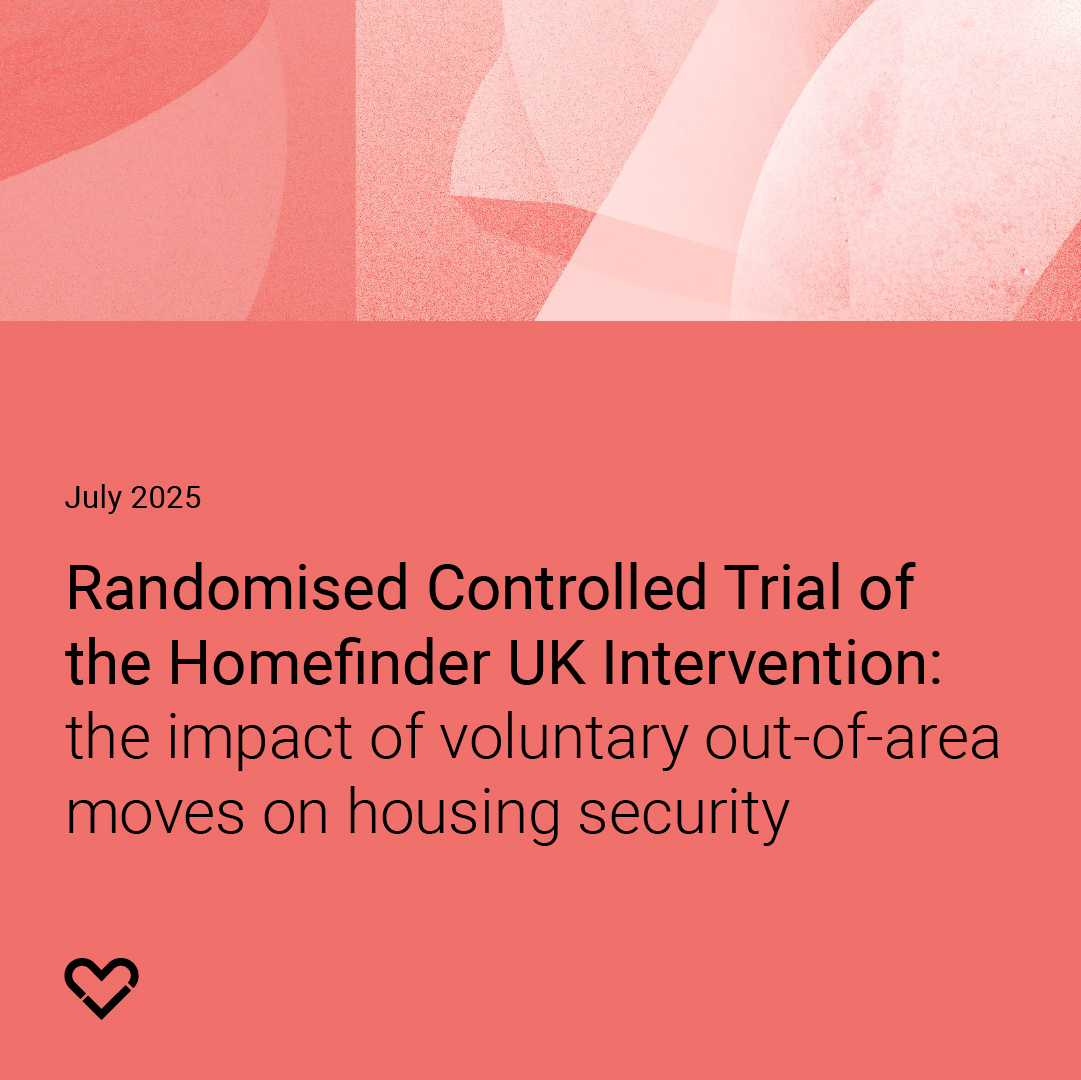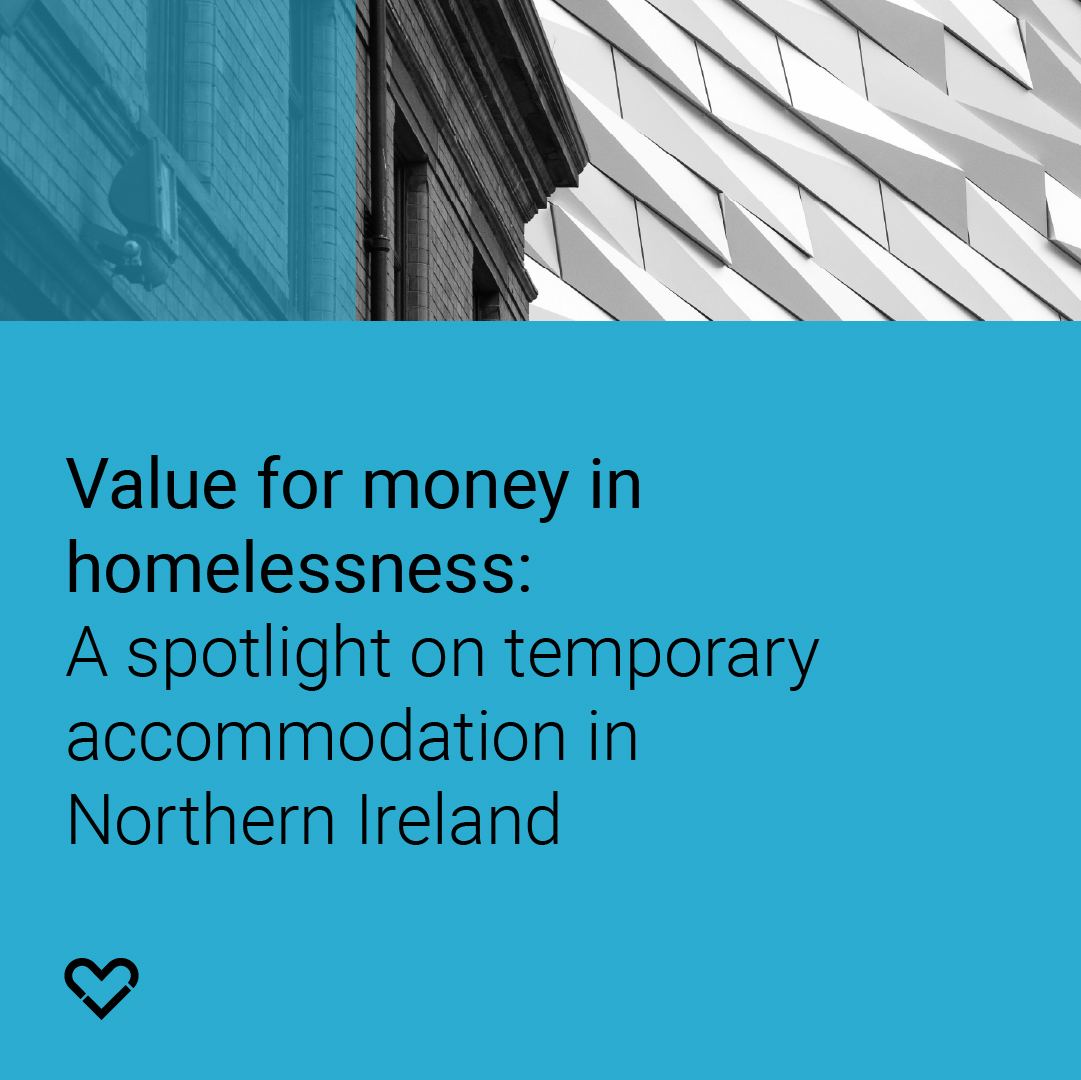What Works Evidence Notes: Immigration
Outline of the study
This evidence review from 2021 examines the relationship between immigration status and homelessness, focusing on people with ’no recourse to public funds’ (NRPF) who experience street homelessness and other single homelessness. The research analyses statistical data on the prevalence of non-UK nationals among people experiencing homelessness, examines policy changes during COVID-19, and evaluates current practices for supporting people whose UK immigration status prevents them from accessing welfare benefits.
The review addresses how immigration control restrictions create vulnerability to homelessness by preventing access to Housing Benefit, Universal Credit, and other public funds. It explores the complex landscape of different immigration statuses and their implications for risk of homelessness, particularly following Brexit and changes to entitlements for EU nationals.
Findings in brief:
- In 2020, an estimated 1.4 million people in the UK had NRPF - up from 1.1 million in a previous 2016 estimate. People with NRPF are vulnerable to homelessness due to their lack of access to welfare benefits
- Non-UK nationals are over-represented within the street homeless population, making up 50% of rough sleepers in London in 2020/2119% of this total were non-EEA nationals, who are more likely to have NRPF
- In 2020, a much smaller proportion of non-UK nationals than UK nationals were receiving benefits (31%, compared to 89%)
- The rate of asylum humanitarian protection fell significantly between 2020 and 2021 (37% - 32%) - the lowest level since 2012
- The voluntary sector provides accommodation for people with NRPF, but this is not sufficient to meet demand
- Figures from reconnection services for people experiencing street homelessness indicate an increase in international reconnections between 2019/20 (23% of total) and 2020/21 (50% of total).
Recommendations in brief:
- Prioritise fast-tracking of immigration cases for people with NRPF who have experienced street homelessness
- Utilise Care Act 2014 powers to provide accommodation for people with NRPF with care and support needs
- Increase funding for voluntary sector organisations who provide accommodation and support to people with NRPF while their immigration issues are resolved and establish dedicated funds outside the benefit system to house people with NRPF while immigration cases are processed
- Provide high-quality, voluntary reconnection support, which includes accommodation assistance in home countries for those who choose this option
- Trial direct cash transfers to help people with NRPF to obtain legal advice and regularise their immigration status
- Proactively identify and support late applications for the EU Settlement Scheme for people experiencing homelessness who may have reasonable grounds for missing deadlines
- Improve tracking of immigration status among people experiencing homelessness to inform policy responses.





.jpg)

